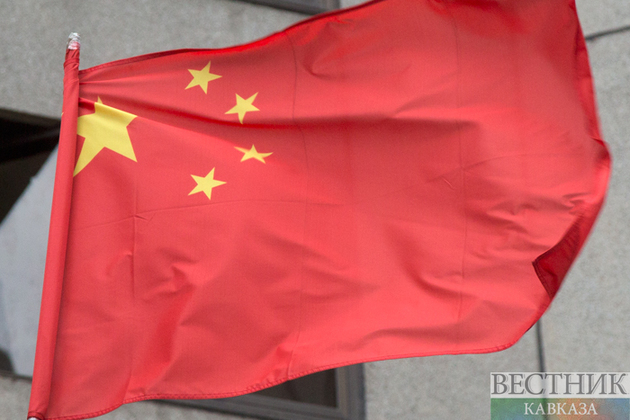China’s inflation rose more than expected in March as COVID-19 lockdowns and the fallout of the conflict in Ukraine pushed up prices in the world’s second-largest economy.
Al Jazeera writes that China’s producer price index (PPI), which measures factory inflation, increased 8.3 percent year on year, according to data from the National Bureau of Statistics (NBS) released on Monday, amid rising energy prices and persistent supply chain disruptions. The increase in factory gate prices was down from 8.8 percent growth in February but still ahead of economists’ forecasts. China’s consumer price index (CPI), which tracks the cost of everyday goods and services, also rose ahead of expectations, albeit by a modest 1.5 percent year on year, compared with 0.9 percent in February. Measured against a year ago, food prices fell 1.5 percent, compared with a 3.9 percent decline in February.
"Additional pressure on global inflation"
Alicia García Herrero, chief Asia Pacific economist at Natixis in Hong Kong, told Al Jazeera the inflation figures are a worrying sign for the global economy, which is already grappling with soaring prices. “Because it should have come down, since demand has plummeted in March,” García Herrero said. “I think because of lockdowns food prices are going to increase. [Chinese Premier] Li Keqiang made that point during the latest State Council meeting that he wants stability of food prices. I think this is extremely important for China and because of the stockpiling of food in China, that’s going to be very bad for the global trend because, probably, China will step up imports of food and that’s going to put additional pressure on global inflation.”
The higher than expected inflation comes despite slowing economic activity as authorities continue to implement draconian measures to control the coronavirus, including a lockdown in Shanghai that has confined 26 million inhabitants to their homes.
Activity in the services sector in March contracted at the quickest pace in two years, according to official Chinese government data, and economists are widely sceptical that the country will be able to hit its 5.5 percent economic growth target for 2022.
Chinese officials reported 26,411 new asymptomatic coronavirus cases for Sunday, most of which were in Shanghai, which on Monday entered its third week of lockdown.
China’s central bank is widely expected to lower borrowing costs this year to support the economy, breaking with the worldwide trend towards higher interest rates amid rising inflation.
Carlos Casanova, senior economist for Asia at UBP in Hong Kong, told Al Jazeera he expected China’s inflation to pick up considerably in the second half of the year. “In terms of policy, CPI will likely remain below target in Q2, given the impact of lockdown measures on domestic demand,” Casanova said. “However, a combination of rising energy prices and a normalisation in domestic pork supply chains should contribute to rising inflation in the second half of the year. The People’s Bank of China should deploy additional stimulus in April and May, while conditions remain supportive. We expect CPI to average 3.0 percent in 2022. Our scenario assumes that consumer prices will overshoot the official target towards the middle of the year, reaching 4.5 percent year-on-year in July/August.”






